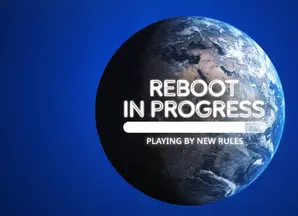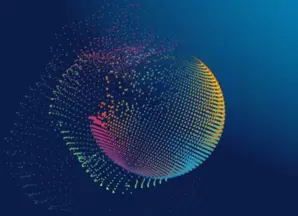This website is targeted at institutional, professional or qualified investors only.
If you are a resident of a country with a dedicated Amundi website, you are requested to leave this page and connect to the respective Amundi country site.
US PERSONS
The information contained in this site is not intended for nationals or citizens of the United States of America or “US Persons” as defined by “Regulation S” of the Securities and Exchange Commission under the US Securities Act of 1933, which notably applies to any natural person residing in the United States of America and any partnership or corporation organised or registered under US regulations. If you are a “US Person”, you are not authorised to access this site and you are invited to log onto amundi.com/us.
This site is solely intended to provide information about Amundi and its affiliates. None of the information contained in this website constitutes an offer by Amundi and/or its affiliated companies to buy or sell financial instruments or to provide investment advice.
Amundi informs you that the information contained in this site is given purely by way of indication and provides a general presentation of our services and organisation. This information is not exhaustive, may evolve over time and may be updated by Amundi, without notice and at any time.
Your access to this site is subject to compliance with the French legislation in force and to the “Legal notice/General conditions of access to the site”.
By choosing to access our site, you acknowledge having read these terms and conditions and agree with them. In your interest, we recommend that you read them carefully.



